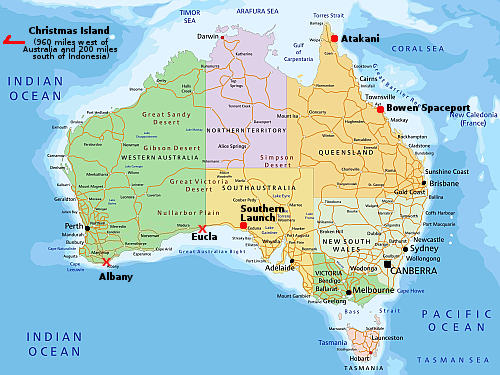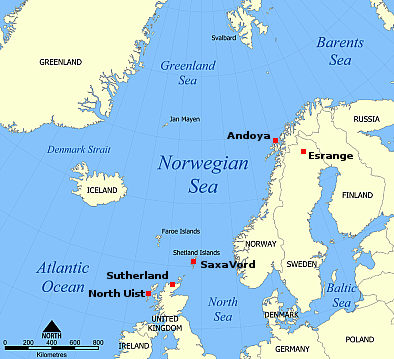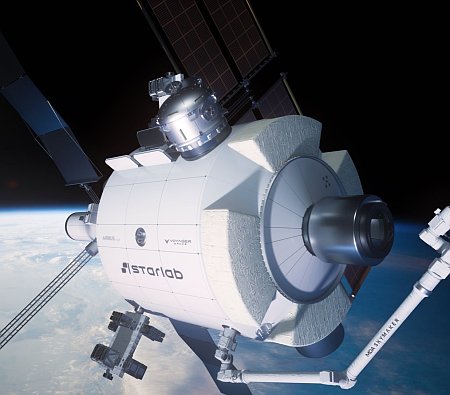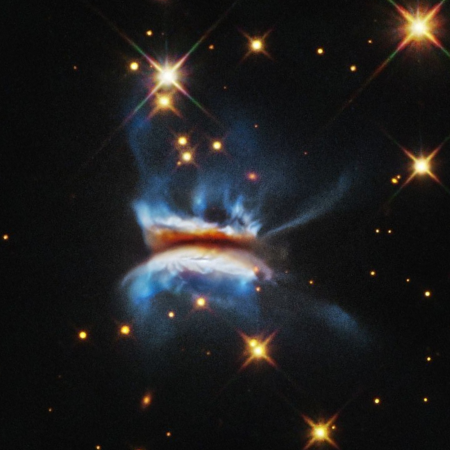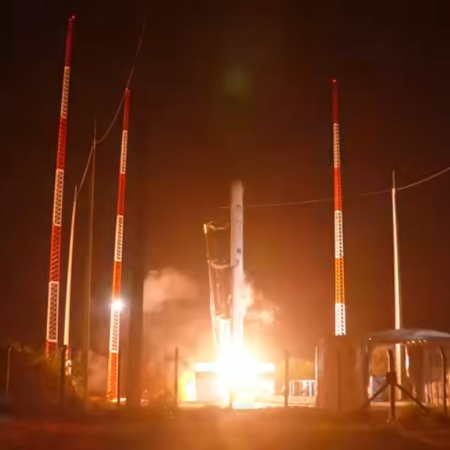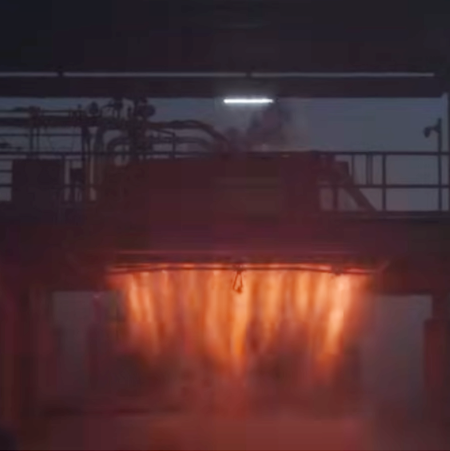China launches Earth mapping satellite
China yesterday successfully placed what it called a “geographic mapping” satellite, its Long March 4B rocket lifting off from its Jiuquan spaceport in northwest China.
Its state-run press provided no additional information about the satellite, nor did it provide any information about where the rocket’s lower stages, using very toxic hypergolic fuels, crashed inside China.
The leaders in the 2025 launch race:
168 SpaceX
89 China (a new record)
18 Rocket Lab
17 Russia
SpaceX still leads the rest of the world in successful launches, 168 to 149.
China yesterday successfully placed what it called a “geographic mapping” satellite, its Long March 4B rocket lifting off from its Jiuquan spaceport in northwest China.
Its state-run press provided no additional information about the satellite, nor did it provide any information about where the rocket’s lower stages, using very toxic hypergolic fuels, crashed inside China.
The leaders in the 2025 launch race:
168 SpaceX
89 China (a new record)
18 Rocket Lab
17 Russia
SpaceX still leads the rest of the world in successful launches, 168 to 149.



